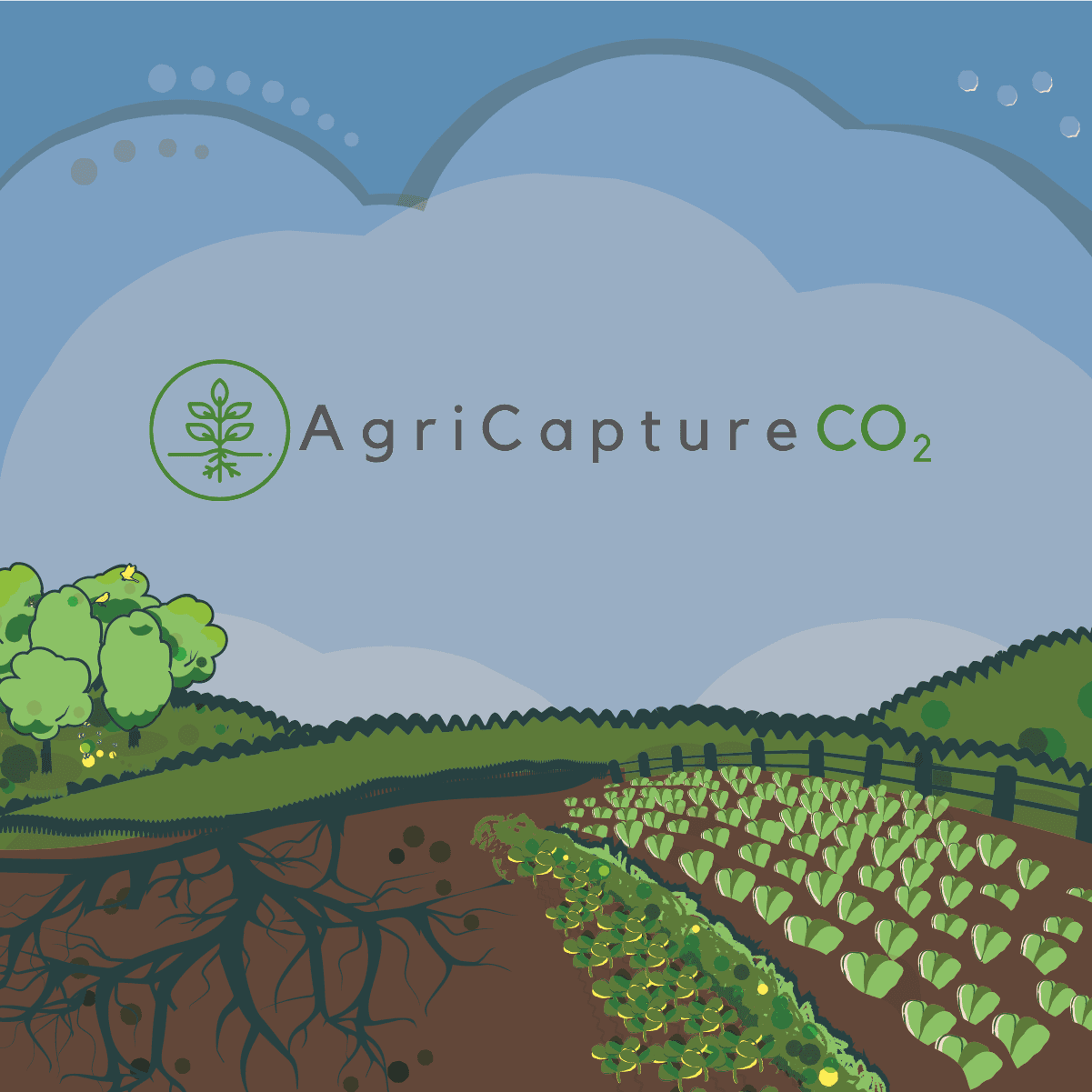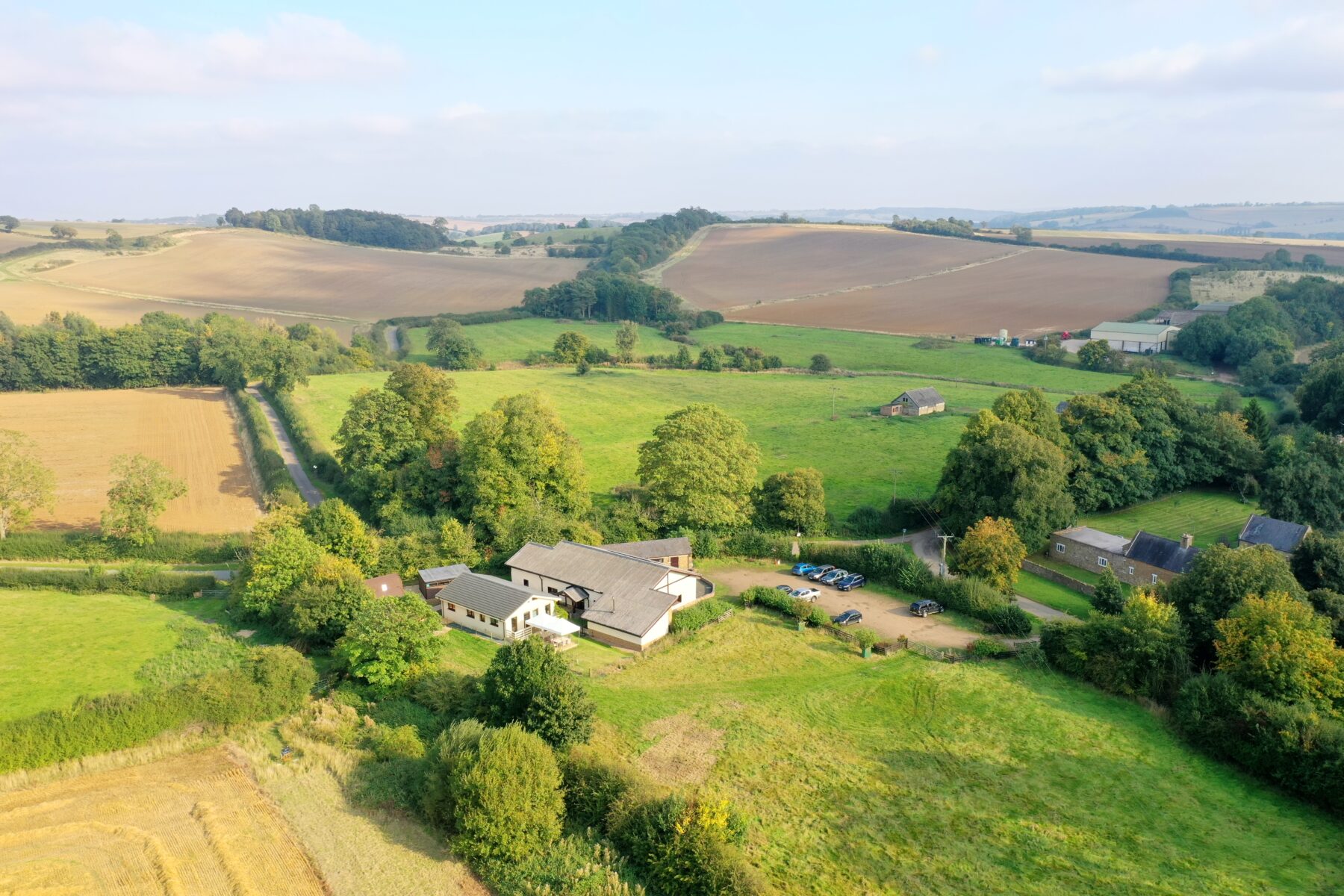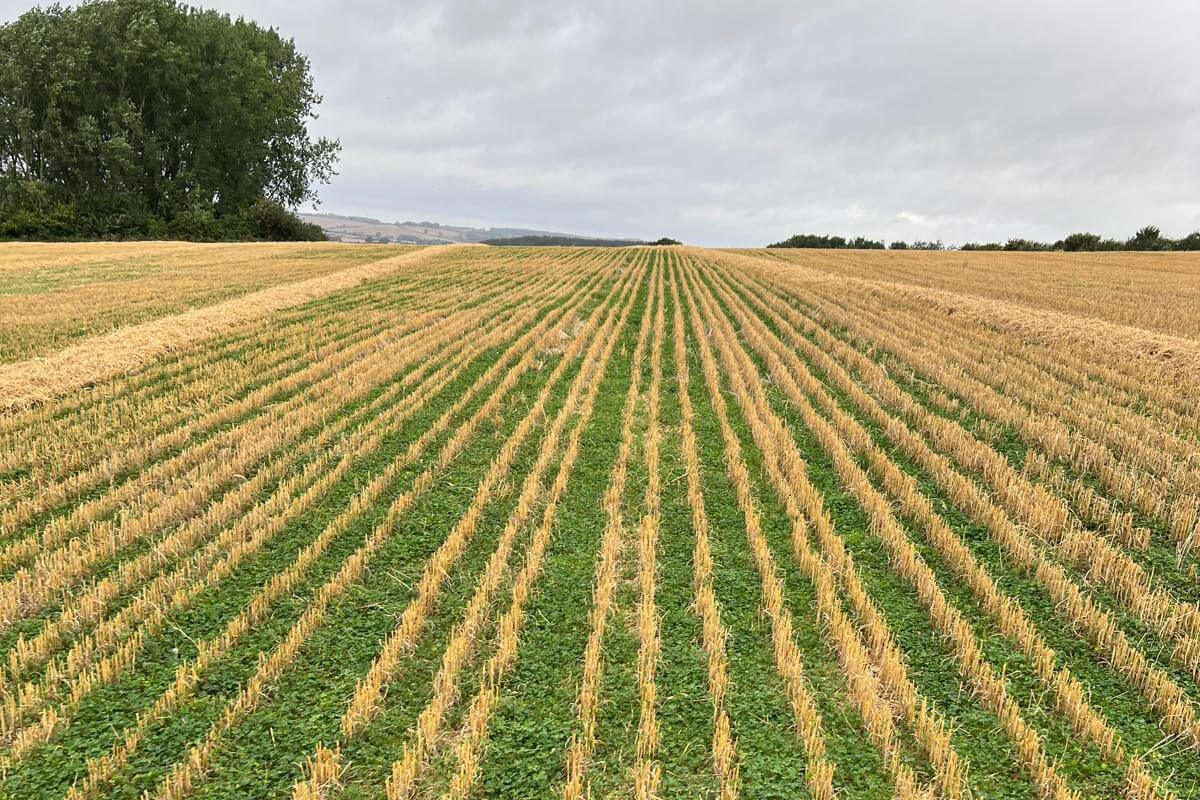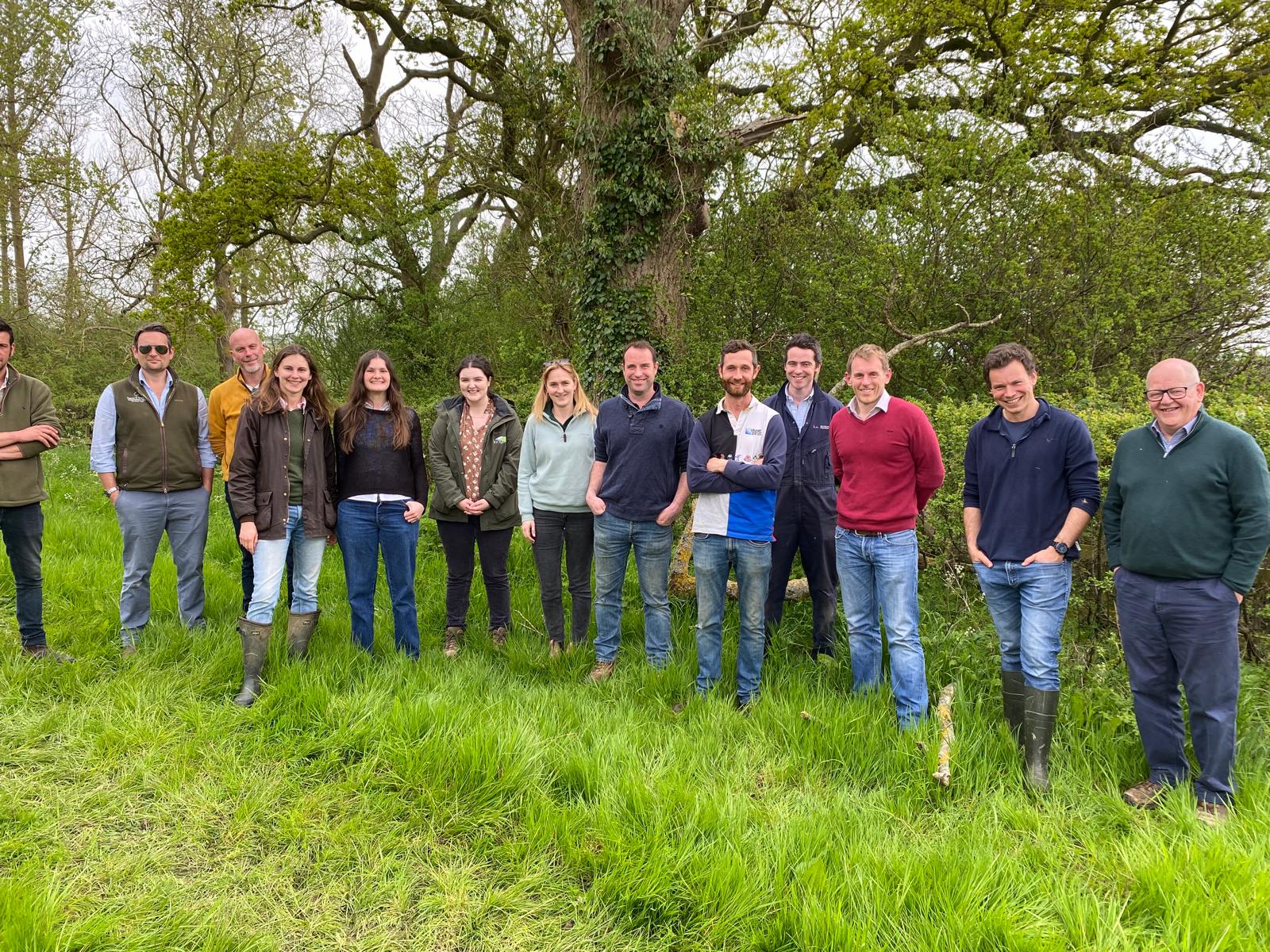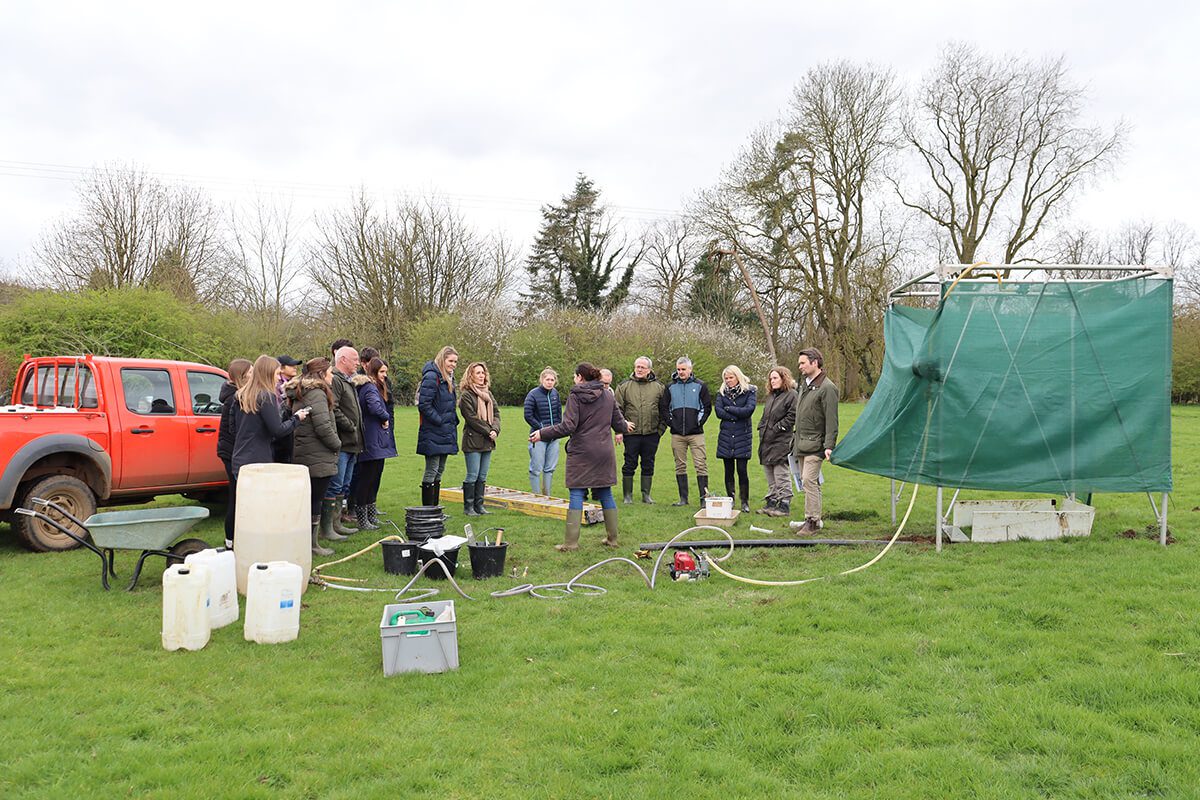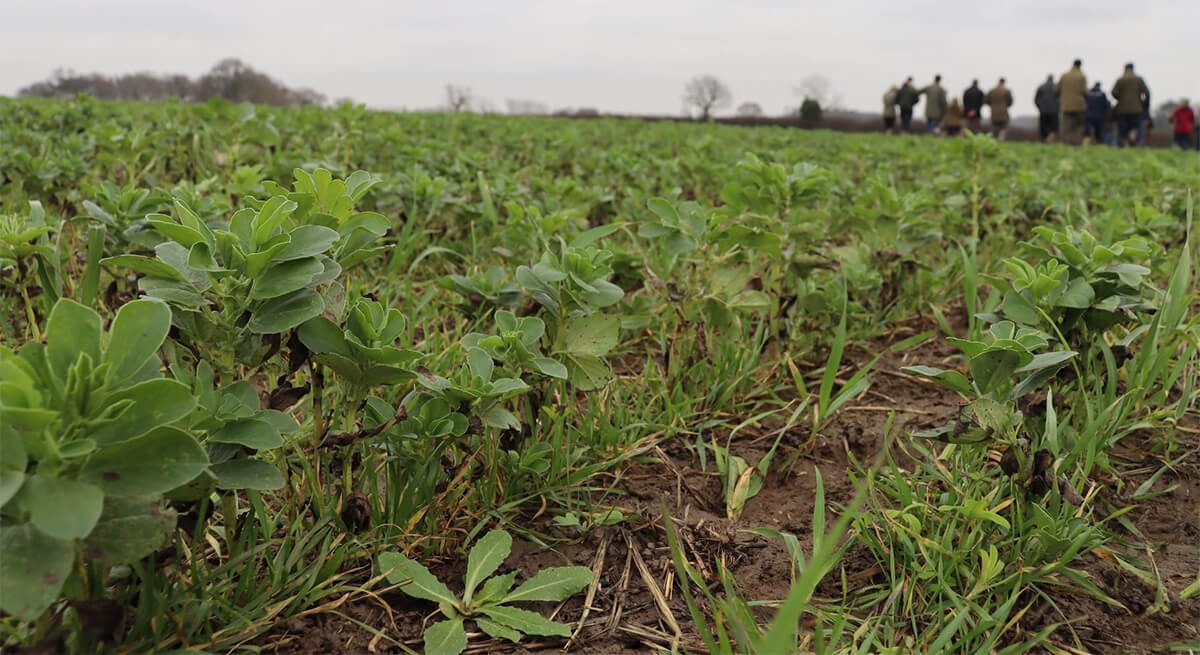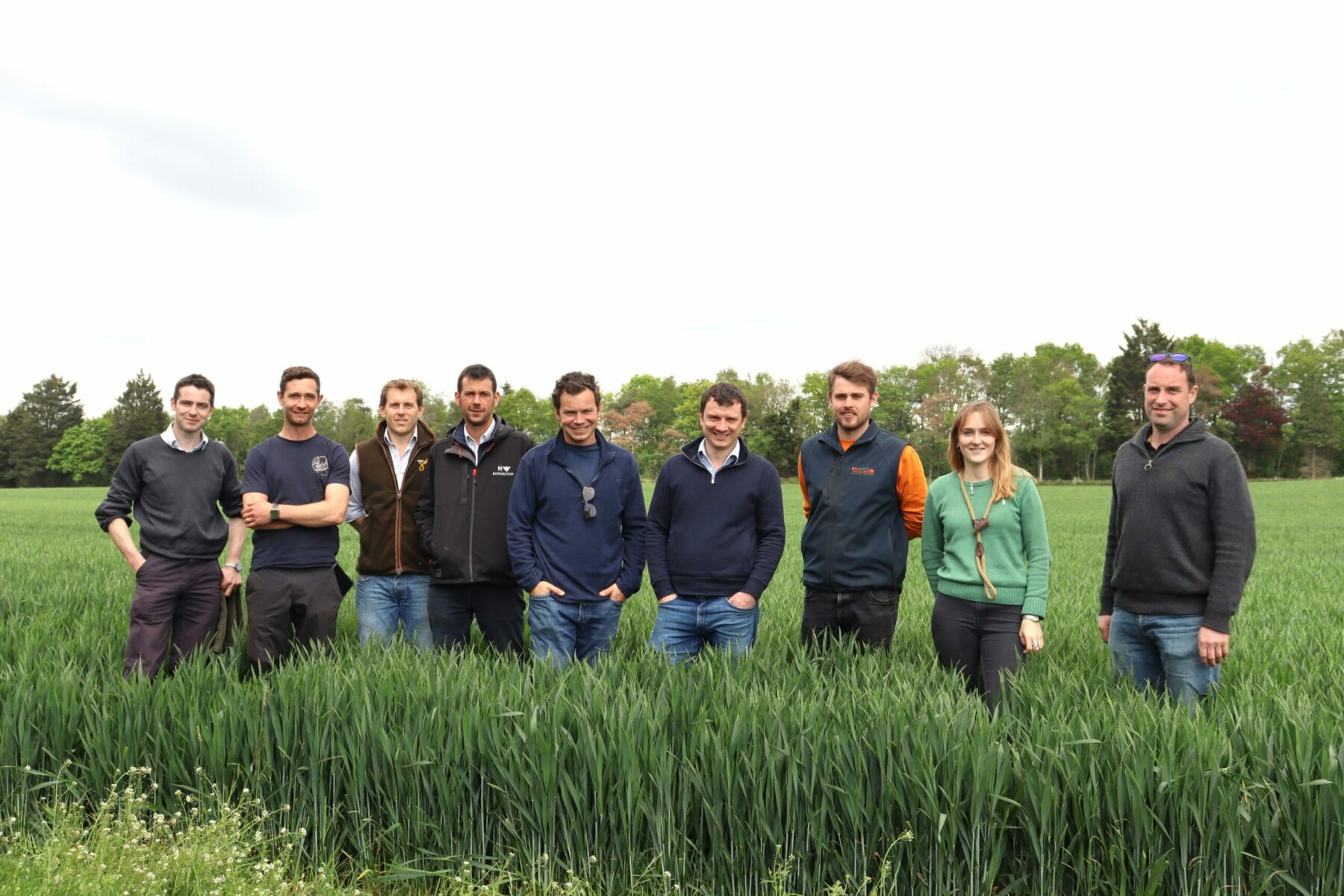At the end of February, The Allerton Project organised and hosted a soil event to discuss the state of soil after a challenging winter and identify some of the best strategies to implement after adverse conditions. Attendees of the event heard from three guest speakers with the aim of discussing what soil conditions look like going into spring and how we can you best support winter crops to thrive after adverse conditions. In addition the group discussed some of the best strategies for re-drilling and what current and future SFI options could help alleviate some of the pressure points in the rotation.
First we heard from Ian Robertson from Sustainable Soil Management, who discussed the implications of high rainfall on nutrient availability. Secondly Jim Egan from Kings covered some of the key benefits of establishing summer fallows. Lastly Dr Jenny Bussell the soil scientist at The Allerton Project focussed on how cultivations can be negatively affected by wet weather through compaction.
During the day, the group also participated in a farm walk with our farm manager Oliver Carrick and agronomist Charlotte Cook. The group had a look at the equipment used at Allerton as well as discussed how increasingly unpredictable weather patterns are changing the rotation on farm.
This event was organised in line with the ClieNFarms or Climate Neutral Farms project. ClieNFarms is an Innovation Action project aiming to scale up systemic and locally relevant solutions to foster climate-neutral and climate-resilient farms across Europe. The Allerton Project is working alongside Nestlé to help decarbonise its cereal supply chain in the East of England by working with nine farmers, as they look to adopt more carbon neutral approaches.
This recently released video captures some parts of the day and key parts from some of the speakers. We hope to update everyone as we move further into this project and discuss some more topical issues.

